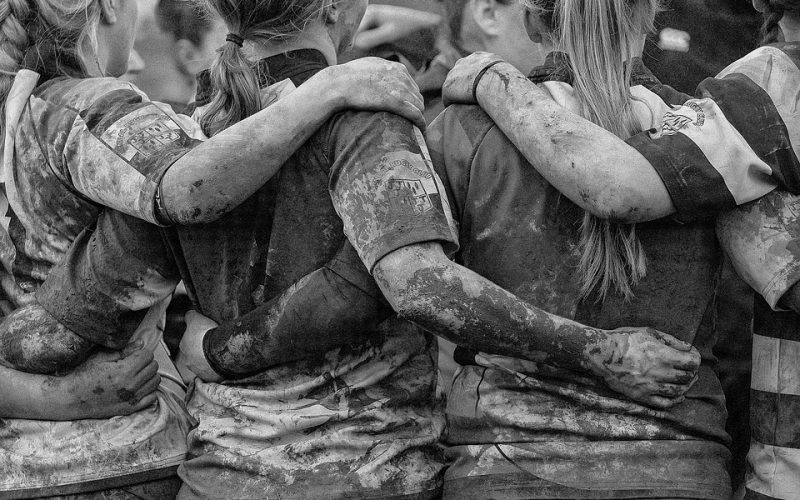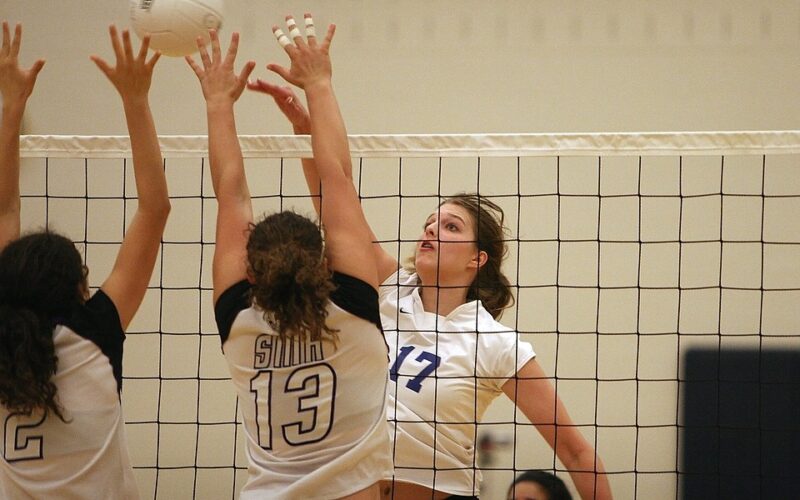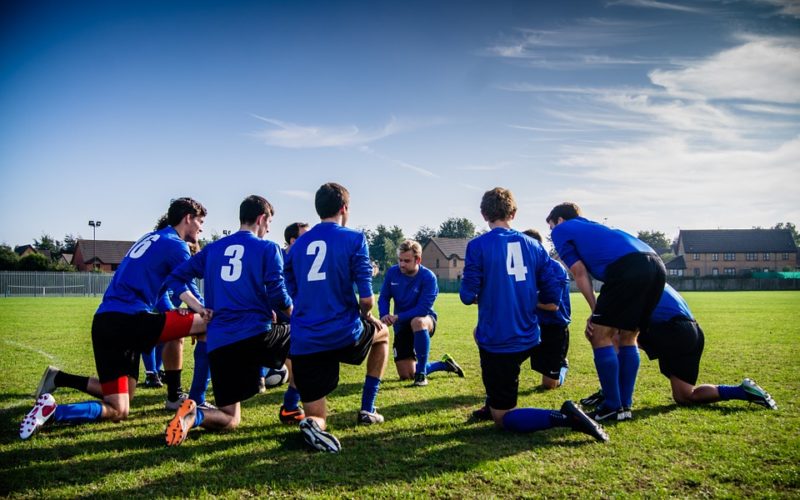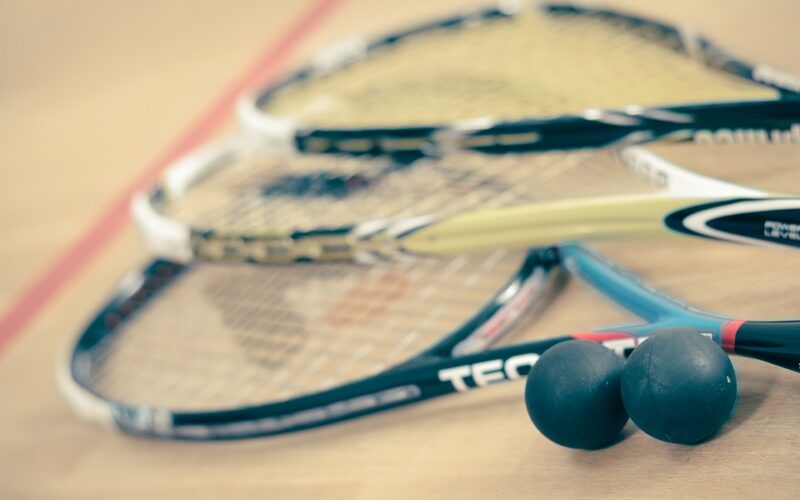A Jumpstart To Lifelong Fitness
The initiation of a child into the world of sports is more than just a leap into physical activity; it's an exploration into teamwork, self-discipline, and a vast range of life lessons.
The early bird advantage
Starting sports early in life can have lasting benefits. Research suggests that children who engage in regular physical activity can develop better motor skills compared to their peers who do not. An early start also opens doors to establishing good exercise habits that can stick with a person for life. Around the age of 5 or 6, children start to possess the physical coordination and attention span that's necessary for structured, multi-facet sports activities. This doesn't mean younger children should be relegated to the side-lines; simple games that involve running, jumping, or kicking can set the groundwork for a future in athletics.
Social skills and sportsmanship
Playing sports is as much about interpersonal interaction as it is about physical prowess. Young players learn to communicate with their peers, share triumphs and disappointments, and realise the importance of playing by the rules. This social aspect teaches children vital skills such as cooperation, following directions, and managing conflict. Non-verbal communication, such as understanding body language and expressing themselves through actions, is also honed on the field or court. These are invaluable skills, useful both on and off the sports ground.
Health benefits to herald
The health benefits of getting into sports at a young age are numerous. In addition to improving cardiovascular and muscular fitness, regular sports activities can help regulate weight, reduce the risk of chronic diseases, and foster better sleep patterns. With the increase in screen time and a sedentary lifestyle among the youth, sports offer a compelling avenue to combat these trends. Physical activities like sports play an essential role in the cognitive development of children, with studies linking physical activity to improved concentration, enhanced memory, and better classroom behaviour.
Learning to handle success and failure
Sports present a mini-theatre of life where victory and defeat are displayed prominently. Young athletes learn to bask in the glory of a win and, perhaps more importantly, to cope with the agony of defeat. Learning how to lose gracefully, with one's head held high, is a lesson that sports impart unerringly. It teaches resilience, instilling the idea that failure isn't a pitfall but rather a stepping stone to better performance. The ability to bounce back from disappointment and to try again is a quality that will serve them well throughout life.
Nurturing passion and individuality
While team sports are often glorified, individual sports have their distinct place in shaping a young athlete's life. They help foster self-reliance, as the pressure to perform and improve lies solely on the individual. Whether it's swimming, tennis, or martial arts, engaging in individual sports can light a fire of passion within a child. It provides them with a personal quest, a challenge to constantly better themselves, and an opportunity to build character in their own unique way. Young athletes, regardless of the sport they choose, have an avenue to express themselves and discover what truly ignites their fervour.
Access and inclusion for all
Accessibility remains a hot topic when it comes to sports. Organisations and communities are making concerted efforts to offer various sporting opportunities to all children, regardless of their background. There's a growing recognition of the need to provide inclusive environments that accommodate children with different abilities and interests. Programmes are increasingly diversified, ensuring that there's something for everyone who wishes to participate in sports. By promoting inclusivity, we encourage a greater understanding and acceptance that transcends the playing field.
Introducing children to athletics at a young age is a crucial step toward a healthy and holistic upbringing. Through the medium of sports, they acquire physical, mental, and emotional strengths that serve them well beyond the confines of the playing area. Whether it's inculcating discipline or fostering a spirit of camaraderie, the lessons taught by early sports engagement reverberate through their lives, shaping them into well-rounded and eager participants in the larger game of life.


























